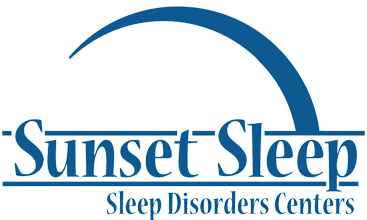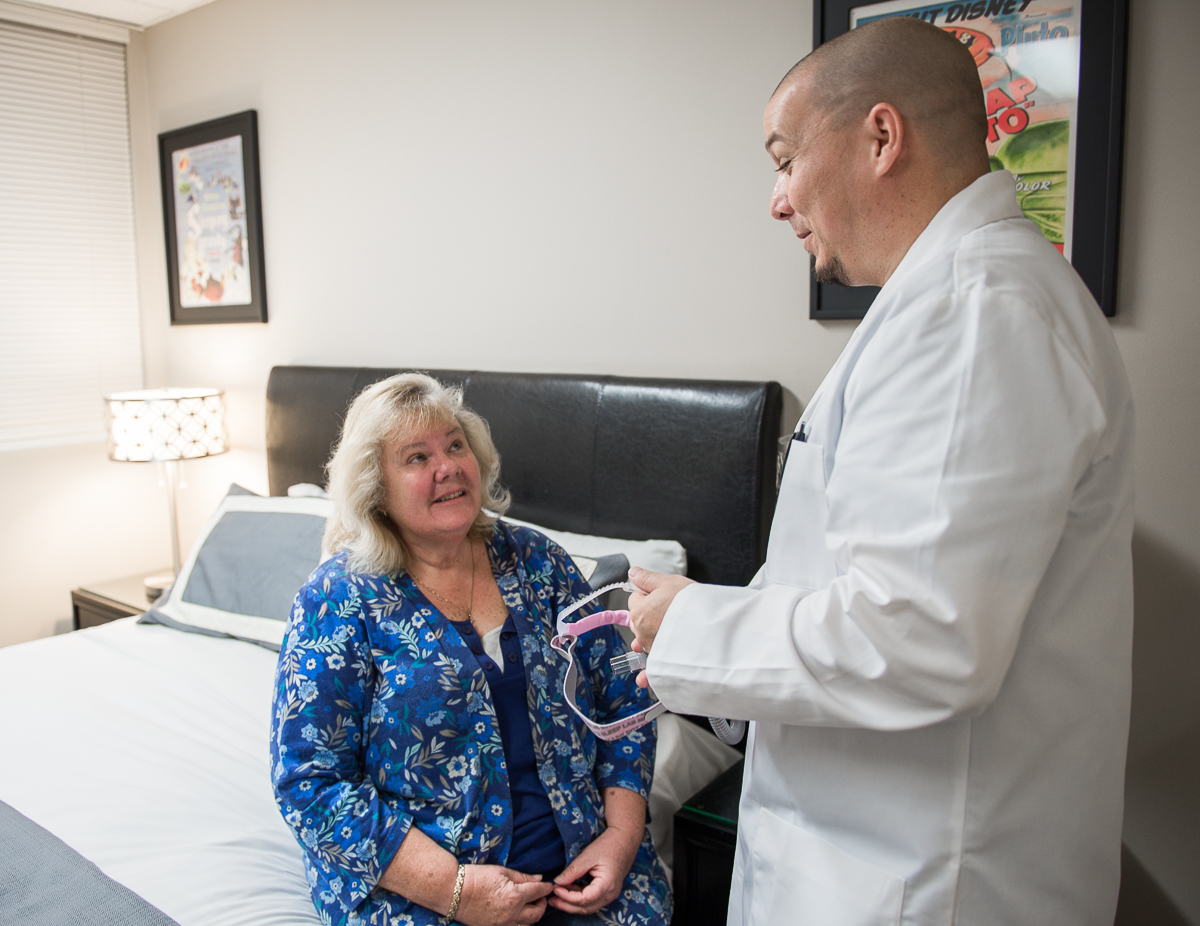Study Types
In-Lab Study
The best method of diagnosis is an in-lab study. In order to ensure the best outcome of the testing process, we provide a safe and supportive environment to minimize any potential anxiety for you. We provide you with one of our comfortable, private bedrooms for your overnight study. Our state of the art monitoring equipment will monitor brain waves, heart rate, muscle activity, breathing and snoring. We will also monitor the level of oxygen in your blood and the movement of your chest and abdomen.
The monitoring equipment is painless and most people do not find it uncomfortable or an obstacle to falling asleep. A qualified sleep technologist will carefully set you up, explain the procedures and monitor you closely throughout the study. The technical equipment and staff are housed in a separate area from your sleep room so you are not disturbed.
Study Types
Polysomnogram
A Polysomnogram, or PSG, is a diagnostic sleep study. Also called a Baseline sleep study, the function of this study is to monitor breathing, heart rate, oxygen level, brain activity, muscle activity and other activities related to sleep. This study generally does not include any kind of therapy and is used by the physician to make a diagnosis of sleep disorder if any abnormalities are observed.
CPAP Titration
A CPAP (continuous positive airway pressure) titration is similar to the Polysomnogram and will include most of the same monitoring sensors. At the start of the study CPAP therapy will be applied and a sleep technologist will monitor the patient throughout the night increasing, and making adjustments to CPAP, to find an optimal CPAP setting that eliminates sleep apnea. CPAP therapy is provided by placing a small mask over the nose or mouth that is connected by a flexible hose to the CPAP machine. The CPAP machine will gently blow air into the airway allowing for unobstructed breathing.
Split Night Study
A Split Night Study is a combination of the Polysomnogram and CPAP Titration done on the same night. The first part of the study will be diagnostic and if certain parameters are met, a significant amount of sleep apnea for example, a CPAP titration with be started after a couple hours of sleep. If criteria are not met then CPAP may not be initiated, and the study will be completed as a Polysomnogram only.
BiPAP Titration
BiPAP (bilevel positive airway pressure) is similar to CPAP but has two pressure settings instead of just one like CPAP. BiPAP provides a higher pressure during inhalation and a lower pressure during exhalation. Having two pressures can sometimes make it easier to breath with therapy, especially when high pressures are required to eliminate sleep apnea. BiPAP can also be used to treat Central Sleep Apnea, helping to encourage breathing during central apnea events.
ASV Titration
ASV (auto-servo ventilation) titration is an advanced therapy for patients with Complex or Central Sleep Apnea. This therapy requires and advanced titration machine and is usually performed after other modes of therapy have failed to treat the patient.
MSLT
MSLT (multiple sleep latency test) tests are used to screen for narcolepsy and measure daytime sleepiness. These tests are generally conducted during the day, following a Polysomnogram at night. The patient stays at the lab and takes naps at regular intervals throughout the day.
MWT
MWT (maintenance of wakefulness test) tests are conducted during the day. These tests are used to measure a patient’s level of alertness during the day. At regular intervals the patient will be placed in a quiet, dimly room, and instructed to stay awake for a specified amount of time.
Insurance Coverage
We are an in-network provider for every major insurance carrier. This means….
Fully Accredited
Sunset Sleep is accredited by the Accreditation Commission for Health Care (ACHC). This accreditation is important to us and you. It means that we meet, maintain and continue to improve on the standards established by ACHC. Our accreditation represents continuous compliance with the accreditation standards and requires on-site inspections every 3 years to maintain.



